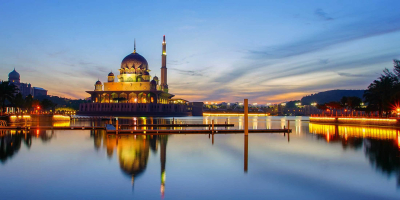Top 10 Syrian Culture, Customs and Etiquette
Should you remove your shoes when visiting friends? Should you greet those on elevators with a smile? When thinking about the dos and don'ts in your own ... read more...nation, these questions might not seem like the most obvious ones, but things that you might not even consider at home can have a major impact abroad. Here is a list of Syrian Culture, Customs and Etiquette.
-
If you are offered something, first say no before agreeing when the host presses you. This conversation is courteous; the person's persistence in extending the invitation demonstrates their hospitality, while the other person's initial refusal demonstrates their modesty. When an adult enters the room, get up and offer them your seat if there isn't one available. Men support women as well, particularly those who are mothers.
In the company of women, Syrian men rarely use profanity. It's disrespectful to spit in someone's face or in front of them. Syrians frequently pay each other uninvited visits. In Syria, it is customary to stop what you are doing and make an attempt to be as friendly as you can if someone unexpectedly pays you a visit.
In Syria, smoking is widespread in public spaces, including inside. It is improper to show another person your foot soles. Similar to that, it's improper to put your feet up on the table. Many Syrians distinguish between the hands' various duties. This practice has a connection to Islamic teachings that state the left hand should only be used for cleaning and removing dirt.
It shouldn't be utilized for activities like waving, eating, or making an offer. As a result, only the right hand or both hands should be used when gesturing, touching, or offering something to someone. It is ideal to avoid using the left hand unless it is absolutely necessary, yet this rule may not always be properly observed.
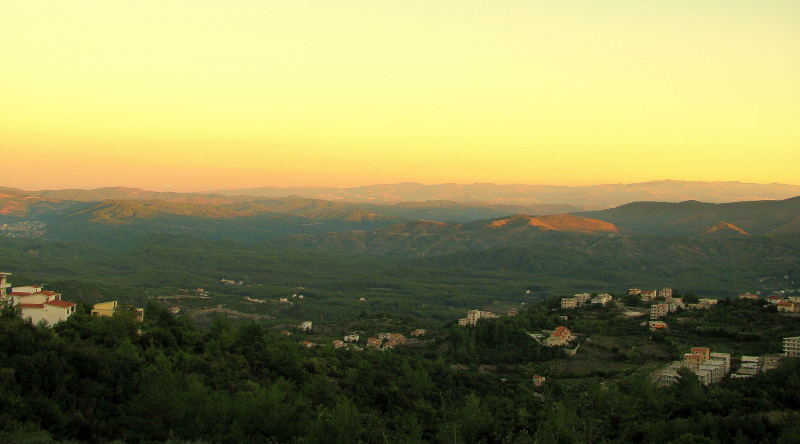
https://www.pinterest.com 
https://medomed.org/ -
It is polite to always offer someone part of your meal if you are in the middle of eating when you run into them. Regardless of whether they would truly like to eat some or not, the person is subsequently expected to formally decline the initial invitation.
Early in the afternoon, around 2:00 or 3:00, is when lunch is consumed. While supper is eaten later in the day and is smaller than breakfast, it is typically the largest meal of the day. Observant Muslims will not consume anything that has even a small amount of alcohol or pork in it. Many secular Muslims nevertheless frequently ingest items that are normally forbidden by the Islamic script. For instance, drinking alcohol is common among some Syrian Muslims.
Restaurant and cafe bills are never split. Traditionally, men buy women's food and quarrel over splitting the tab. It is best to insist on making a contribution before granting permission for the oldest or wealthiest person to pay in a polite dispute about who should make the payment. Close friends, however, who eat meals together frequently, will alternate.
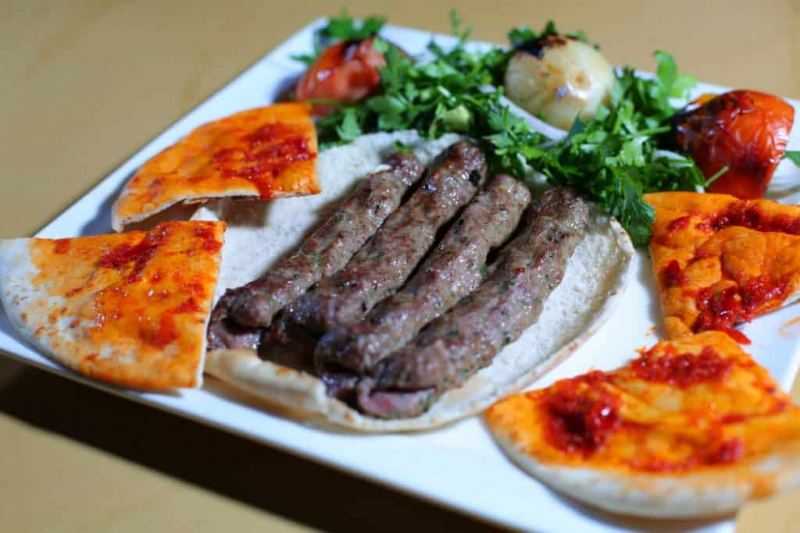
https://medmunch.com/ 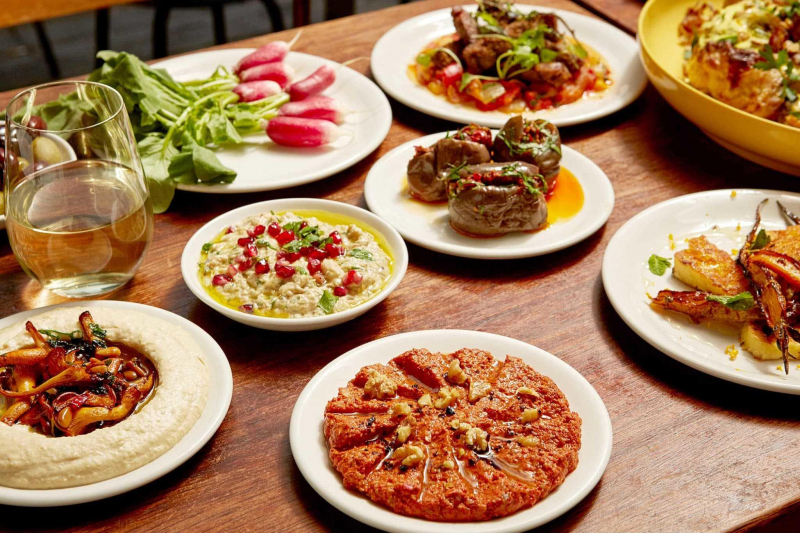
https://www.fodors.com -
Syrian greetings are typically lengthy and comprise inquiries on one another's wellbeing. In official contexts, greetings entail a right-hand-only handshake. Arab males might offer very light handshakes. In most cases, an Arab who greets someone will not touch them because he believes they are not used to being touched.
It is improper to shake a woman's hand unless she first stretches her hand out. Syrian guys frequently extend a hand to their own chest while greeting women. Males and females may hug or give each other two cheek kisses as a kind of informal greeting. It is permissible for a male to kiss a female in this way if they are related, but it is not acceptable for a male to kiss a female in this way if they are not.
When it comes to religion, the coastal regions are far more progressive. This also holds true for the parts of Damascus that are most popular with Western tourists, such as Bab Touma, the Christian Quarter. The population becomes more conservative the further east you go. It is better to avoid identifying as an atheist or a non-practicing Christian in order to avoid any lengthy intellectual disputes.
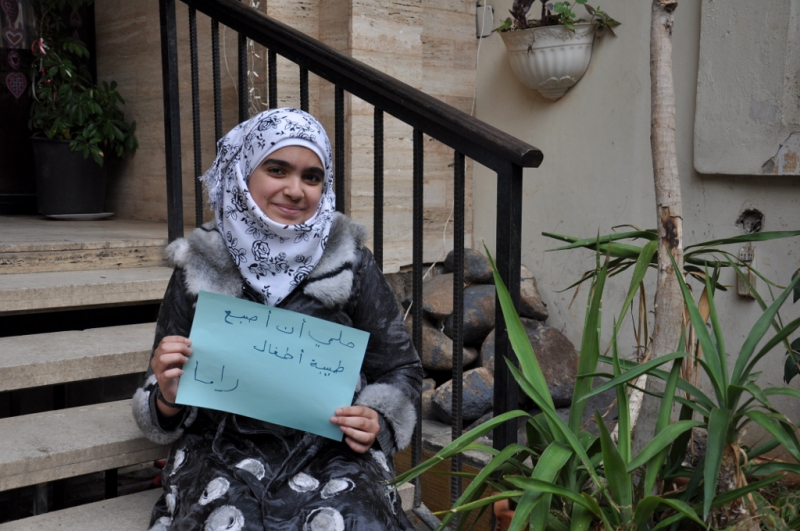
http://childrenofsyria.info/ 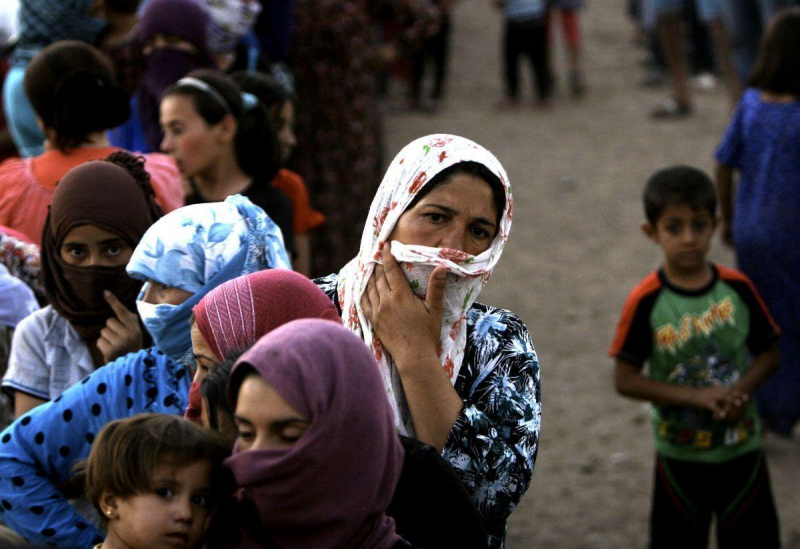
https://www.arabianbusiness.com -
87% of Syrians are Muslims, the bulk of them are Sunni Muslims (74%), according to the CIA World Factbook. Following the Alawite (11%), Ismaili (1%) and Twelver Imami (0.5%) sects, 13% of Muslims are Shi'a. 10% of the population is made up of Christians, while the remaining 3% is made up of Druze, Jews, and atheists.
Religion does not play a significant role in Syrian culture beyond assisting with personal identity. The degree of one's own religious practice and dedication is often entirely up to the individual. The level of religious observance among family members might vary greatly, even within families. Conversion away from the faith one was raised in is uncommon, nevertheless. In Syria, devout Muslims are allowed to quietly pray five times every day. In Syria, devout Muslims are allowed to quietly pray five times every day. This is frequently practiced flexibly, and if prayer is uncomfortable, it may be put off.
Religions have historically been tolerated in Syria. Many Christian churches, Jewish synagogues, and some of the world's oldest Muslim mosques can be found in cities as historic memories of this peaceful cohabitation. Family law now takes one's religious heritage into account, and both Christian and Muslim state holidays are observed. Although Sunni and Shi'a Muslims are frequently taught together, schools offer distinct religious education for persons of different religions.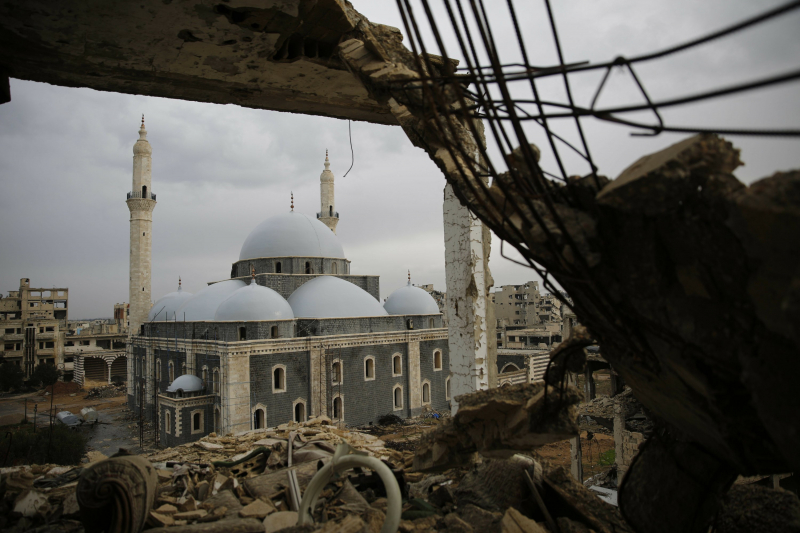
https://apnews.com/ 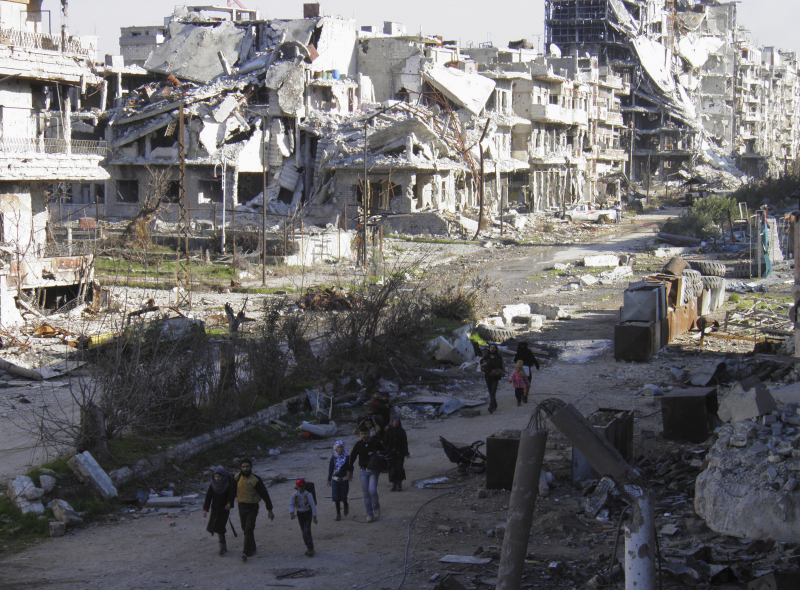
http://blogs.reuters.com -
The largest religious minority in Syria is the Alawite (or Alawi) sect, a form of Shi'a Islam. The coast and the towns that surround it in Syria are the main locations of its adherents. The sect does not mandate that its adherents perform fundamental Islamic ceremonial obligations (the Five Pillars). For the full disclosure of the religion's tenets, one must be initiated into the sect.
The accounts and viewpoints of Alawites in Syria that are made public are typically political (either quite positive or negative). An Alawite family has been in power for almost 50 years. The authoritarian administration of Syria's current president, Bashar al-Assad, and that of his late father has long been decried as harsh and stifling.
The Assad family has favored the Alawite sect, hiring primarily Alawite individuals for positions in state security and the army to maintain support. The Alawites' engagement with and support of the dictatorship has aroused the resentment of many Syrians. Only approximately 10% of Alawites hold positions of power, and the majority frequently hold impoverished positions and lack access to educational possibilities, thus others may feel sorry for them. Young men of Alawite descent have lost about one-third of their lives in the Syrian Civil War.
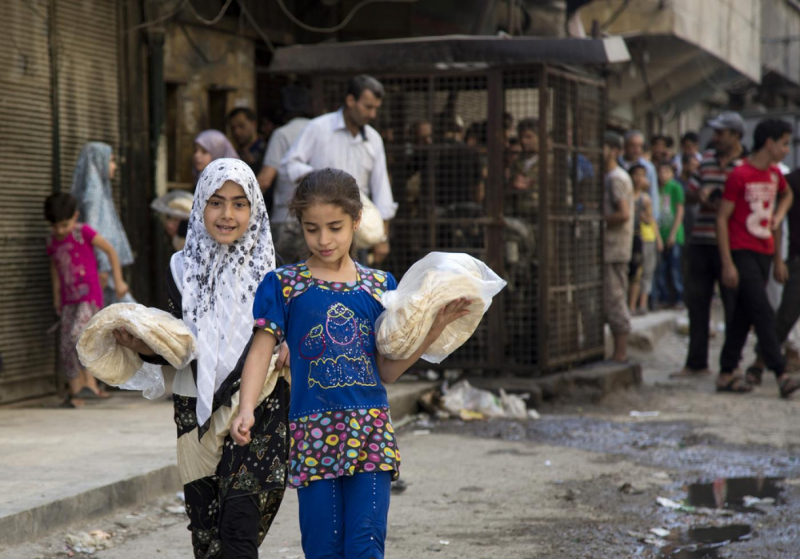
https://www.middleeasteye.net/ 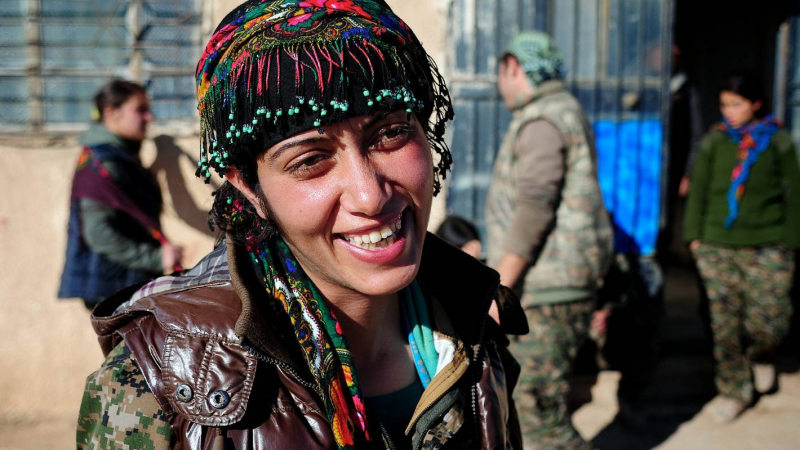
https://www.stuff.co.nz/ -
The Druze faith is a monotheistic religion that mixes principles from Christianity, Judaism, and Islam. It differs from traditional Islam, though, in that it does not adhere to the Five Pillars of Islam's practice. In addition to not necessarily making the pilgrimage to Mecca or fasting during Ramadan, Druze people also include certain other intellectual ideas into their religious beliefs.
The Druze typically reside close to Jordan, on Syria's south-western border. They see themselves as descended from an exclusive class of inaugurated individuals. As a result, conversion into or away from the faith is usually not permitted, and one is thus born into the religion. Since the 11th century, they have not actively spread their religion outside of their community.
In the past, the Druze have made efforts to preserve their faith by residing in segregated areas or by dressing like Sunni Muslims or Christians during prayers. However, in modern Syria, this seclusion and protection of the religion's holiness are waning. Many Druze have expressed their opposition to Assad's government and have suffered or even lost their lives as a result.
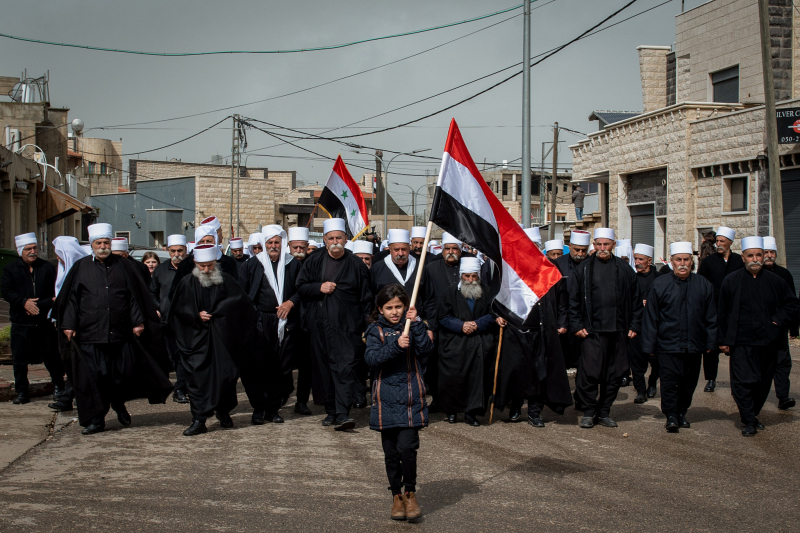
https://www.972mag.com/ 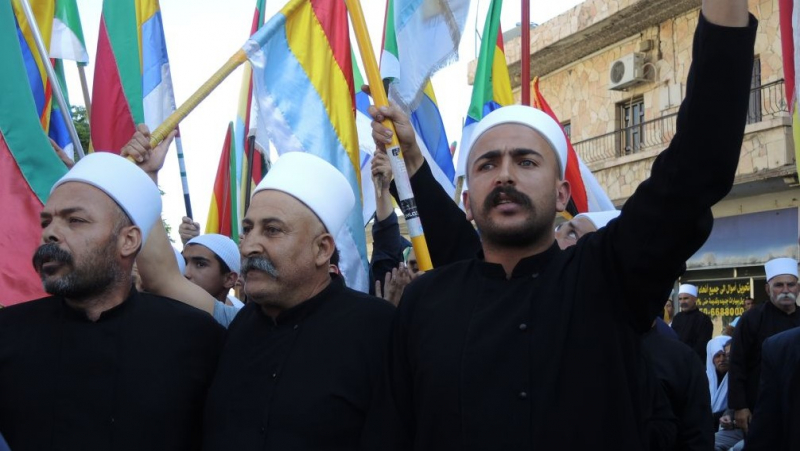
https://blogs.timesofisrael.com -
For Syrians, the family is the most significant component of existence. It is said to include grandparents, aunts, uncles, and distant relatives in addition to the nuclear family. Relationships with one's extended family are highly appreciated and serve as an essential social, emotional, and financial support network. Since many families have been broken up by conflict and violence, it is impossible to generalize about the contemporary Syrian family structure. Additionally, many households are being supported by relatives who have jobs abroad and send money home. However, multiple generations will typically coexist wherever possible.
In Syria, a family's reputation, standing, and honor define its members. People frequently prioritize the reputation of their family over their own wants because they are worried about dishonoring their family. The accomplishment or behavior of one person can affect how others view the entire family. To preserve their honor, the family takes great care to protect each member's privacy, particularly that of the females. If someone does deviate from social norms or standards, their family members may concede and downplay their guilt or even exclude them from the group.
Children in Syria are taught to respect and obey their parents. To prevent committing their own mistakes, they must pay attention to, trust in, and act upon their parents' life experience. Parents frequently give their children stern reprimands to correct behavior when they do make mistakes. A child should share the same political, social, and religious beliefs as their family. Disobedience of parental requests or departure from their beliefs is quite dishonorable.
The family dynamic is patriarchal; the father or oldest man in the family has the most power and is expected to provide for the family financially. In disagreements, he usually has the upper hand; in divorce processes, it will be assumed that the children belong to him by default. Even while older males decide family decisions, women and younger men frequently negotiate and take other non-aggressive measures to accomplish their own objectives.
Families are also patrilineal, with male lineage serving as the basis for descent. Depending on the family's religion, specific circumstances may change, but in general, only men can inherit property or carry on a family name.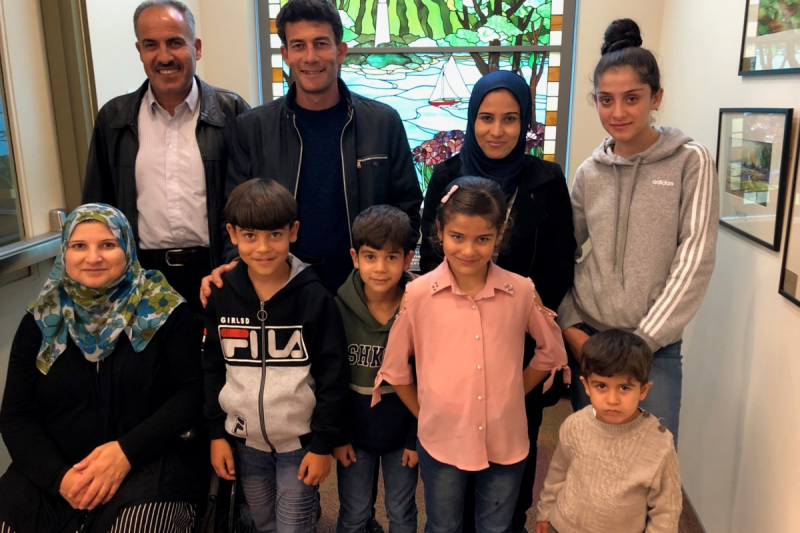
https://www.barrietoday.com/ 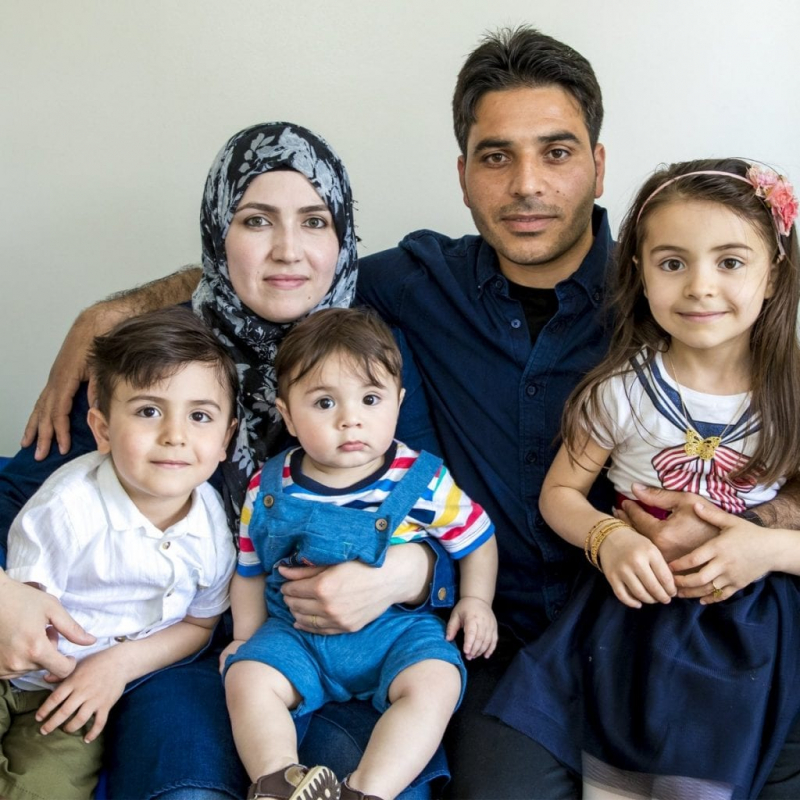
https://www.real-fix.com -
The strong social expectation that people of different genders should not express interest in or affection for one another if anyone else is present has an impact on how couples interact in public. Syrians typically keep their romantic relationships and dating life very secret from their family and friends as a result. People also frequently get married young, with rural and working-class women typically being married earlier than metropolitan and/or more educated women. According to the law, boys can get married at 18 and girls at 17. Men who are 10 to 15 years older than their wives are not unusual.
Young women typically marry soon after graduating from college in families with greater income and education, while men typically marry after finishing their studies and landing a steady job. Children who don't get married stay at their parents' home and live there till they get married.
Most Syrian marriages are planned by their families and are preceded by a formal engagement, although some young people pick their spouses. Before getting married, a couple might get to know one another throughout their engagement. Occasionally, during this time, an engagement may be broken. Men are under pressure to amass cash before getting married. If a man cannot support his future wife financially, the bride's parents are unlikely to approve of the marriage.
Both Muslims and Christians rarely get married, but when it does, divorced women frequently get child support. What happens to the kids is decided by the religious court. The majority of the time, they live with the mother until they turn 14 or the mother marries again, at which point they move in with the father.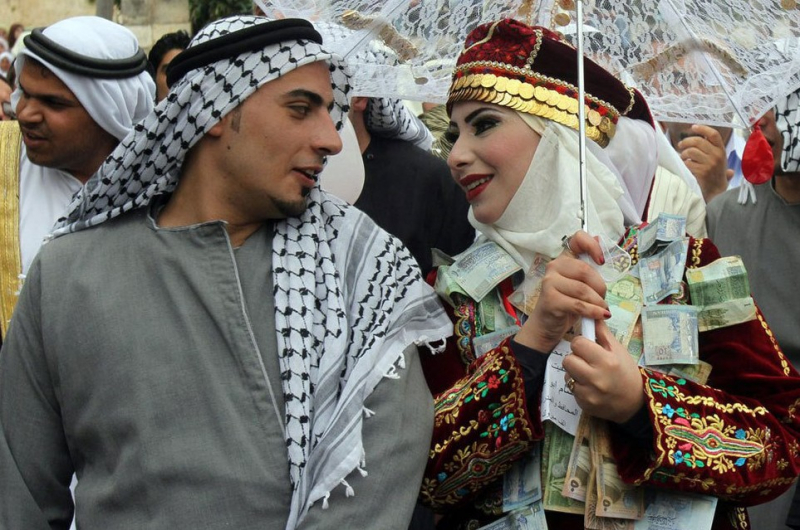
https://allcollorss.blogspot.com 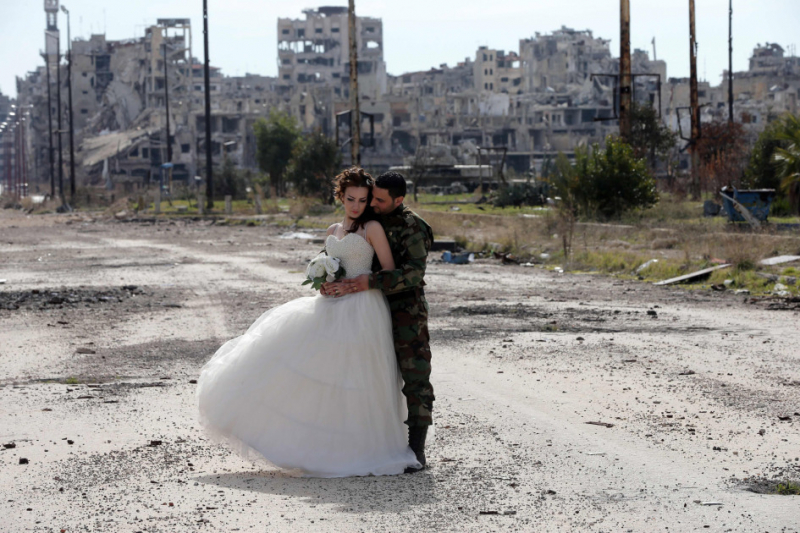
https://www.arabiaweddings.com/ -
Syrians typically use indirect methods of communication. A long, circuitous route is typically taken to get to one's point. By doing this, you'll avoid embarrassing or offensive situations and show that you respect the other person in the conversation. The greatest method to get a person to comprehend you is to ask open-ended questions that let them think about the answer for themselves and then give agreeable, accepting answers that don't directly interfere with the speaker's conversation.
During discussion, Syrians frequently make jokes and banter. Men frequently compete with one another by making clever insults. Although the humor may not be what a Westerner is used to, it is nevertheless relatively accessible.
In Syria, raising one's voice does not always come off as hostile. One's earnestness and involvement in a subject are demonstrated by speaking out loud and passionately. Such sincere expressiveness, which is not always an indication of wrath or offense, frequently lends credibility and appeal in talks. Because of their obsession with appearances and politeness, Syrians reflexively respond "yes" to queries and requests that ask for a yes or no, regardless of the truth of the statement.
A resounding "no" can be used to express your desire to leave the relationship. No matter how hard the assignment may be, saying something along the lines of "I'll see what I can do" is the polite approach to decline. If the person responds with "I'm still checking" or a similar statement after being repeatedly asked about their success, it means "no." Such a vague remark also conveys the message, "I tried, I'm still your friend/ally."
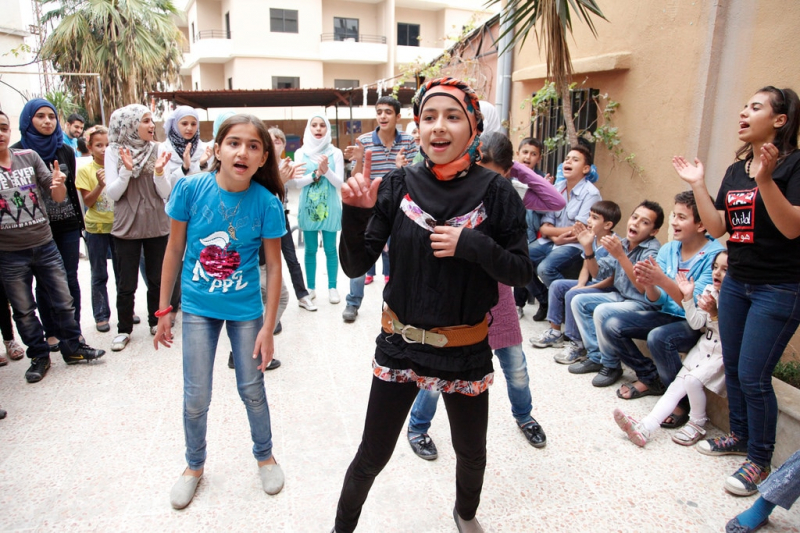
https://www.pmhsdavis.com 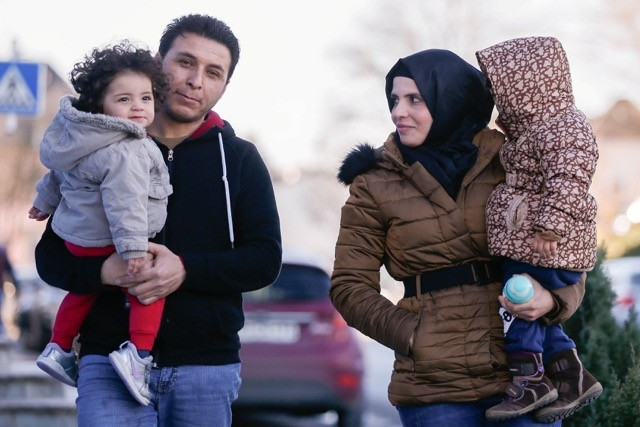
https://delano.lu/ -
Both men and women travelers can typically dress however they ordinarily would in their own countries. Contrary to popular belief in the West, women can wear T-shirts and long sleeves are not always required until going to a religious location.
Both Muslim and Orthodox Christian religious places advise visitors to wear head coverings. When visiting Christian holy sites, dress as you generally would in the West; avoid wearing shorts inside of churches. Particularly in Christian neighborhoods, many local ladies dress in Western clothing. Both men and women frequently wear shorts.
Be aware of your surroundings; it is advisable to dress more modestly outside of tourist-heavy regions. If a woman wants to draw less attention, she should wear shirts that reach her elbows and don't show any cleavage. All across Damascus, regular t-shirts and jeans are perfectly acceptable wear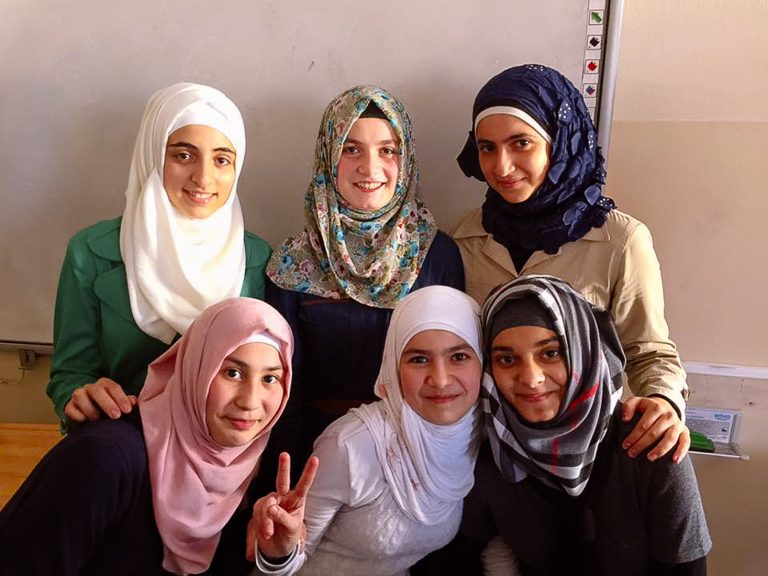
https://tzuchi.us/ 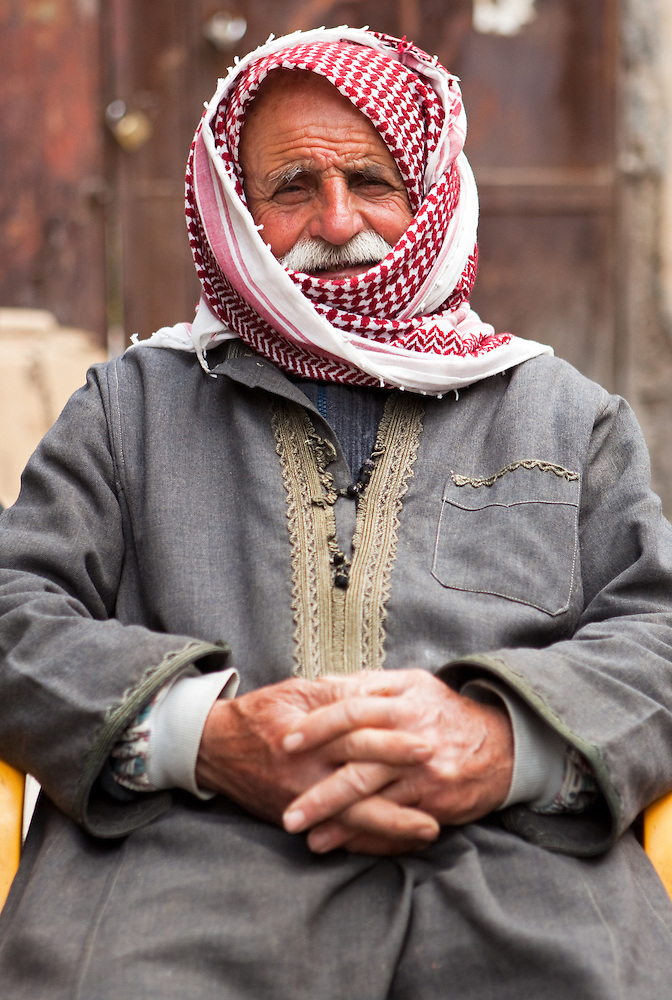
http://deidresorensen.photoshelter.com






























